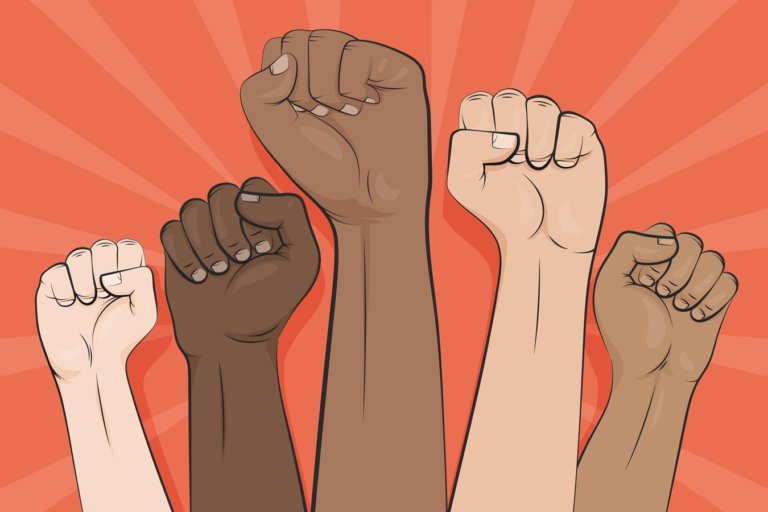March 1st is a day dedicated to ending social or political hatred, discrimination of all kinds, including borders, barriers and fences. Avoiding discrimination of all kinds is vital for human prosperity.
Click here to follow our WhatsApp channel
In 2018, UNAIDS called on people to stop discrimination by speaking out against it, making noise and achieving their goals, ambitions and dreams.
Zero Discrimination Day provides a global opportunity to educate people and the world about the negative impact of discrimination through events, seminars, workshops and educational programs.
Significance of Zero Discrimination Day 2024
Zero Discrimination Day plays an important role in promoting inclusion, equality and tolerance around the world. Discrimination has a profound impact on individuals as it creates barriers to accessing education, health care and employment opportunities, ultimately leading to poverty and inequality.
According to UNAIDS, criminalization stems from discrimination and structural inequalities. It deprives people of the prospect of healthy, fulfilling lives and should work towards ending criminalization to save lives, which hinders the eradication of AIDS.
2024 Zero Discrimination Day Theme
The theme of Zero Discrimination Day 2024 is “Protecting the rights of all to protect the health of all.” This theme focuses on building connections between human rights and public health to achieve the goal of eliminating AIDS by 2030.
The day is particularly highlighted by organizations such as UNAIDS, which fight discrimination against people living with HIV/AIDS. According to Dr. Ivan F. Kamanor of the National AIDS Commission of Liberia, HIV-related stigma and discrimination is widespread and exists in nearly every region of the world, including Liberia. In 2017, the United Nations Development Program paid tribute to his LGBTI people who face discrimination due to HIV/AIDS.
Campaigners used the day to speak out against laws that discriminate against the LGBTI community during a previous campaign to repeal laws used to criminalize homosexuality in the country. However, the Supreme Court recently overturned that law in September 2018.
According to UNAIDS, approximately 134 countries have criminalized or prosecuted non-disclosure, disclosure, or transmission of HIV, and 20 countries have criminalized or prosecuted transgender people. Beyond this, 153 countries criminalize at least one aspect of sex work, and 66 countries criminalize consensual same-sex sex.


